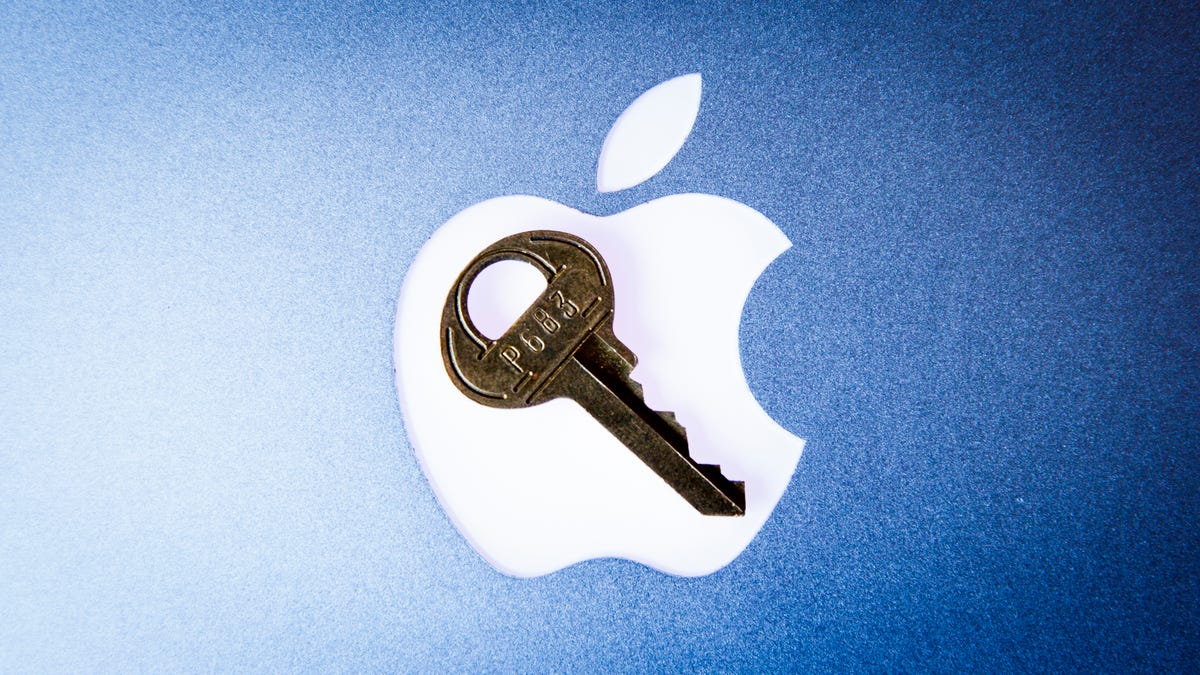Criminals call locked iPhones a 'gift from God,' NYPD official says
Apple is "providing aid to kidnappers, robbers and murderers," according to New York Police Department's counter-terrorism chief.

The skirmish over one iPhone is turning into a war over them all.
Apple's refusal to unlock iPhones tied to criminal investigations does nothing but help lawbreakers, according to the New York Police Department's counter-terrorism chief.
John Miller lashed out at Apple's iPhone encryption security on a radio talk show, the New York Daily News reported Sunday. Miller specifically criticized Apple's decision to remove the ability to bypass an iPhone's passcode to access personal data, a feature added last year with the iOS 8 mobile operating system as a way to strengthen security.
"You are actually providing aid to the kidnappers, robbers and murderers who have actually been recorded on the telephones in Riker's Island telling their compatriots on the outside, 'You gotta get iOS 8. It's a gift from God' -- and that's a quote -- 'because the cops can't crack it,'" Miller said during the radio interview.
Apple is embroiled in a battle with the FBI over one iPhone in particular. The FBI has demanded that Apple help unlock an iPhone used by one of the terrorists in the San Bernardino, California, massacre in December. The FBI believes the phone's contents are important to the investigation. Apple has so far refused, arguing that it would need to create an entirely new custom version of its iOS software and build a backdoor that would put all iPhones in jeopardy.
The case reopens the always-prickly conflict between individual privacy and national security. Apple and others say encryption, which ensures that personal data cannot be read without proper authorization, protects private information and communications. Law enforcement officials contend that the ability to access such data is vital in the investigation and prevention of crime and terrorism.
Though the iPhone 5C used by one of the San Bernardino shooters has triggered the latest controversy, Miller called attention to a batch of iPhones held by New York City prosecutors in criminal cases. The phones contain recordings of people admitting to crimes, according to Miller, but Apple won't help law enforcement officials access the devices.
"Right now Cy Vance, the Manhattan district attorney, has 175 iPhones stacked up in his office that are subject to search warrants, issued by judges, involved in crimes," Miller said.
Apple's justification for iPhone encryption runs counter to Miller's argument. The NYPD official said he believes that encryption and Apple's refusal to unlock its iPhones help criminals. But Craig Federighi, senior vice president of software engineering at Apple, said encryption is needed to keep personal data from falling into the wrong hands.
"Criminals and terrorists who want to infiltrate systems and disrupt sensitive networks may start their attacks through access to just one person's smartphone," Federighi said in an op-ed in The Washington Post on Sunday.
On March 1, FBI Director James Comey and Apple General Counsel Bruce Sewell faced a five-hour barrage of questions from Congress over the iPhone encryption showdown. On March 22, the two sides will face each other in US District Court to argue their respective positions.

